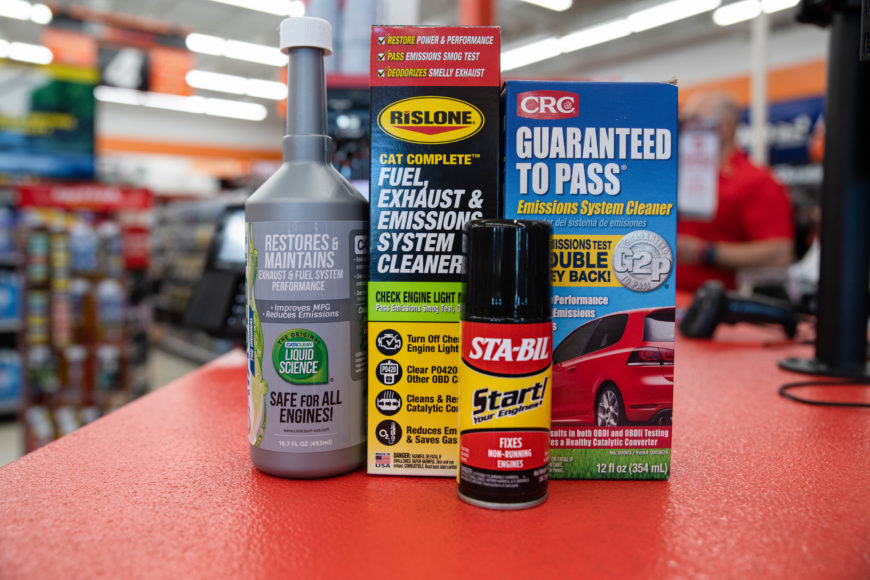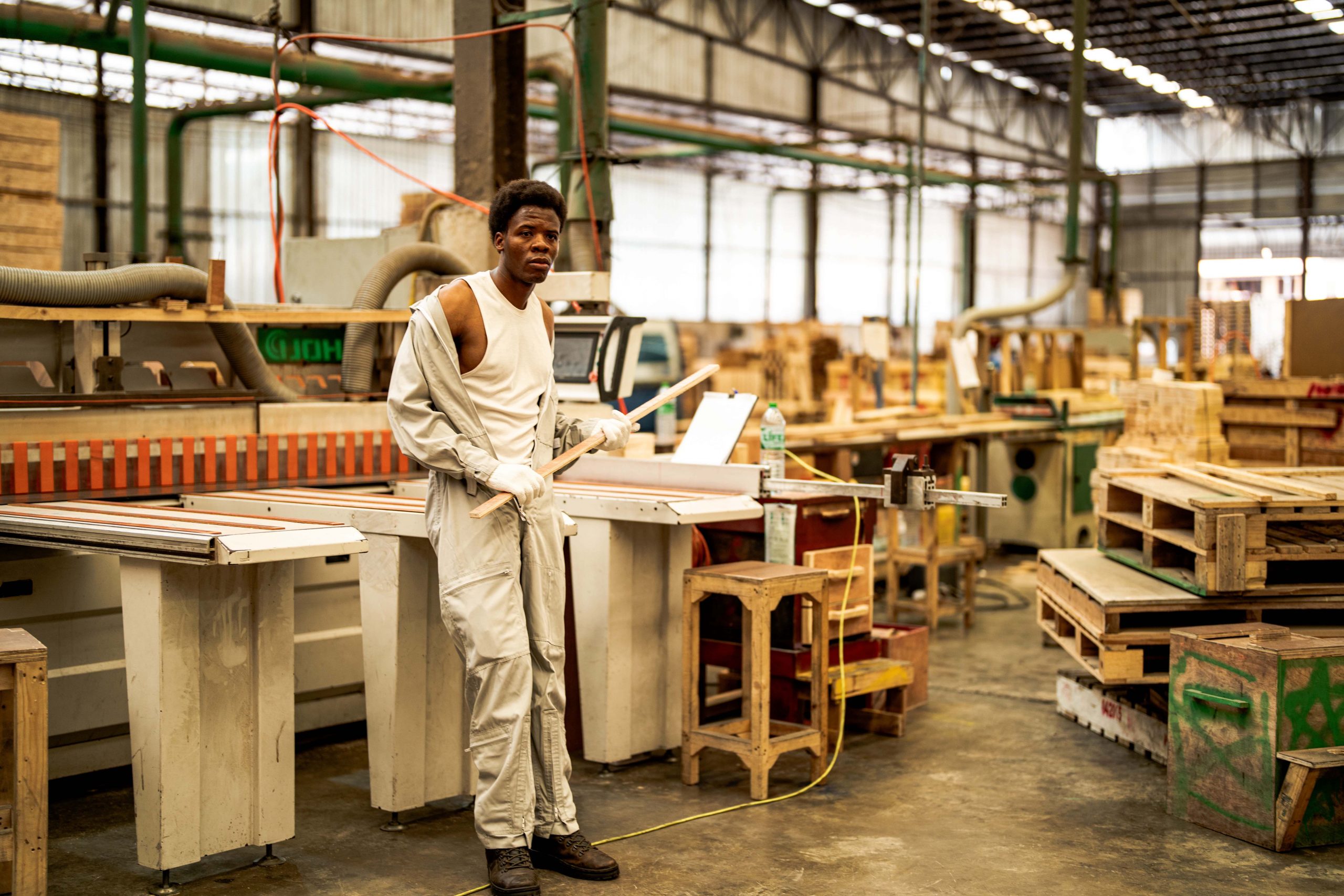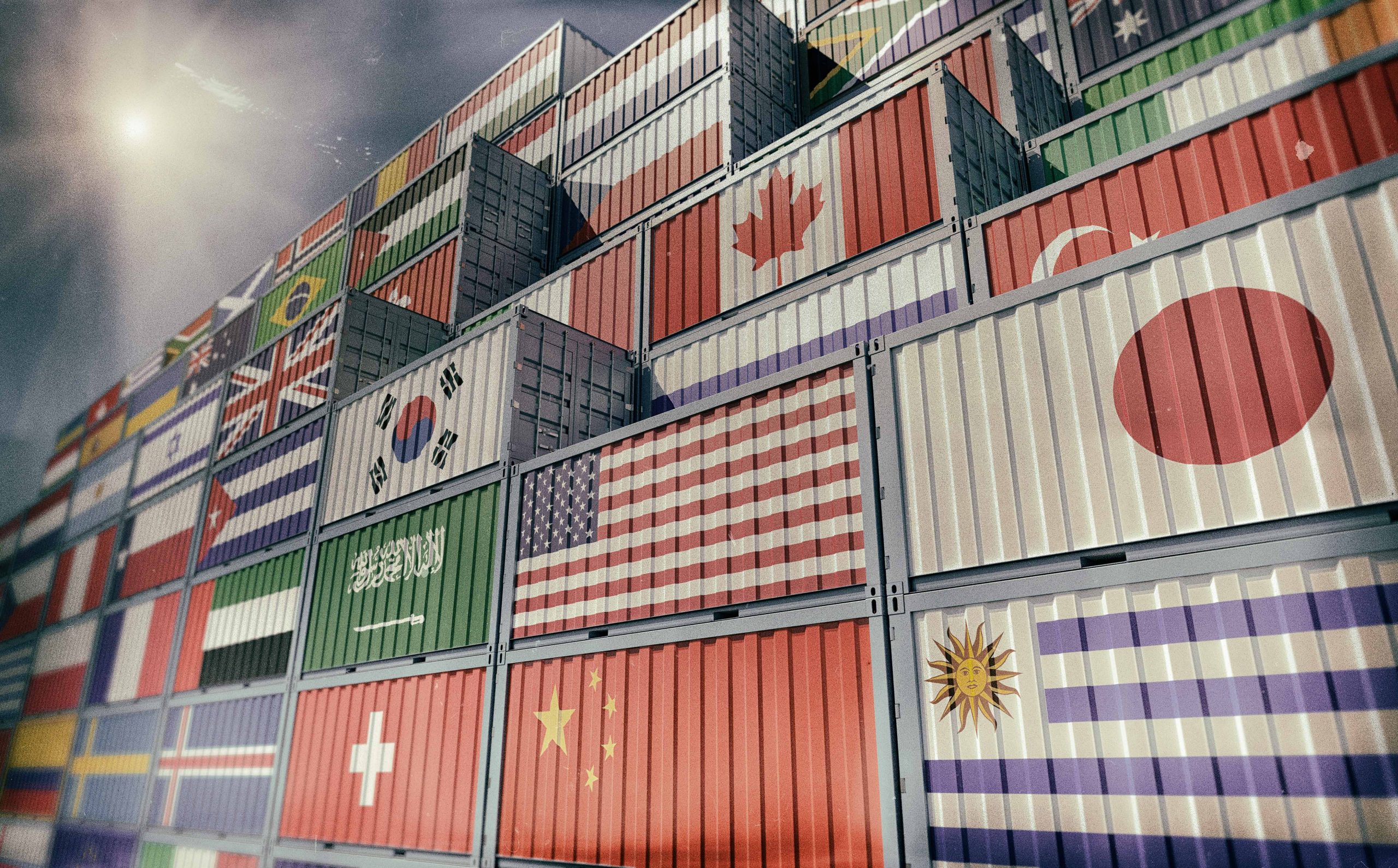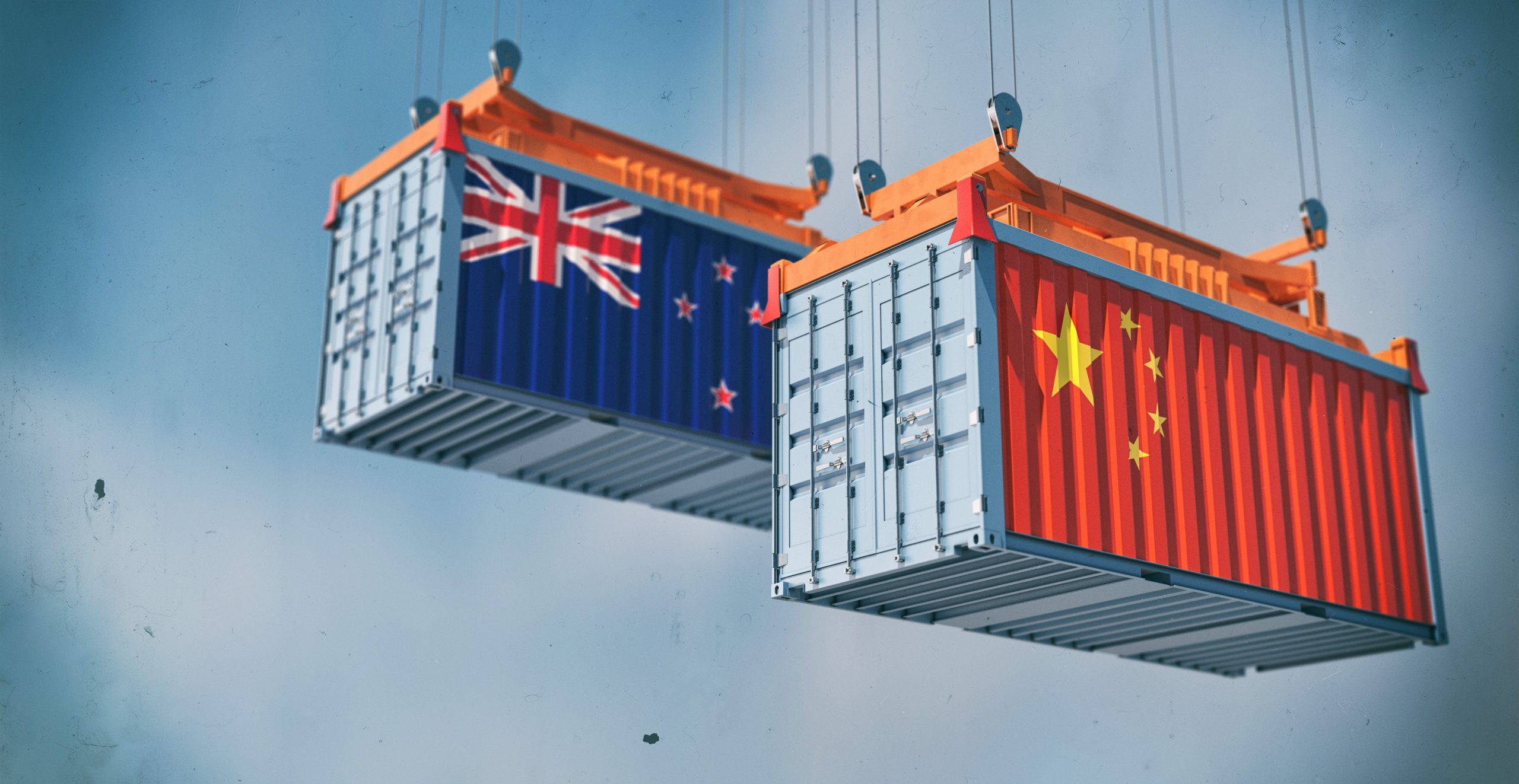Import and Export – How To Buy and Sell Reaction and Catalytic Products from South Africa
Import and Export – How To Buy and Sell Reaction and Catalytic Products from South Africa
Although they are often seen as separate industries, chemical manufacturers that import and export are actually both part of the same industry. They just do it in different directions. This article explains how to buy and sell catalytic and reaction products from South Africa. If you’re involved in either import or export, there are many things to consider when buying and selling chemicals from South Africa. You need to understand your own supply chain, the regulations for shipping dangerous goods, the tariffs on imported goods, laws about shipping chemicals internationally, and more. If you’re not yet ready to handle import or export yourself, you should still be familiar with the options available so that you can take advantage of them when the time comes. Read on to learn more.
Importing Chemicals From South Africa
If you want to import chemicals from South Africa, you first need to figure out which products you want to buy. This can be done through review of industry publications, websites and online forums relevant to your industry. You should also contact potential suppliers to see if they are able to source the products you need. You’re likely to encounter some of the following hurdles when importing and exporting chemicals: Import restrictions: Customs regulations, tariffs, and other import regulations can vary widely between countries. If you’re importing from South Africa, you should research the import regulations for South Africa. You’ll likely encounter different regulations if you’re importing from a different country. Shipping costs: Shipping costs can vary greatly between different countries. You can often reduce shipping costs by choosing a port closer to you. Shipping times: When shipping chemicals internationally, you should factor in the time it takes to get the product from the factory to your port.
Exporting Chemicals to South Africa
If you want to export chemicals to South Africa, you first need to find a distributor there. This can be done through review of industry publications, websites and online forums relevant to your industry, and also through networking in your local region. You’re likely to encounter some of the following hurdles when exporting and importing chemicals: Export restrictions: Export restrictions are often imposed by the importing country. If you want to export to South Africa, you need to research the restrictions imposed by South Africa. Shipping costs: Shipping costs can vary greatly between different countries. You can often reduce shipping costs by choosing a port closer to the South African distributor. Shipping times: When shipping chemicals internationally, you should factor in the time it takes to get the product from your coast to South Africa.
Buying and Selling Reaction Products from South Africa
If you want to buy reaction products from South Africa, you first need to figure out which products you want to buy. This can be done through review of industry publications, websites and online forums relevant to your industry. You should also contact potential suppliers to see if they are able to source the products you need. If you’re buying reaction products, you need to make sure they are shipped in a way that follows the regulations for dangerous goods. These are often different than regulations for regular goods. You also need to make sure the reaction product is compatible with the other chemicals in your supply chain. This is often overlooked.
Buying and Selling Catalytic Products from South Africa
If you want to buy catalytic products from South Africa, you first need to figure out which products you want to buy. This can be done through review of industry publications, websites and online forums relevant to your industry. You should also contact potential suppliers to see if they are able to source the products you need. If you’re buying catalytic products, you need to make sure they are shipped in a way that follows the regulations for dangerous goods. These are often different than regulations for regular goods. You also need to make sure the catalytic product is compatible with the other chemicals in your supply chain. This is often overlooked.
Wrapping Up
As you can see, the process of buying and selling chemicals involves a lot of moving parts. You need to understand the supply chain for both your product and your customer’s product, the regulations for shipping dangerous goods, the tariffs on imported goods, laws about shipping chemicals internationally, and more. If you’re not yet ready to handle import or export yourself, you should still be familiar with the options available so that you can take advantage of them when the time comes. That said, you can use this information to better understand the import and export process. If you’re buying or selling chemicals, you now know what to expect.








LEAVE A COMMENT
You must be logged in to post a comment.